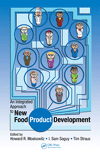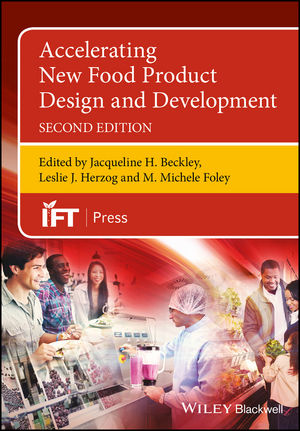The Institute of Food Technologists (IFT), a nonprofit scientific organization committed to advancing the science of food and its application across the global food system, has created a report for the U.S. Food and Drug Administration (FDA) based on the 90 submissions from teams that participated in the FDA’s 2021 Low- or No-Cost Tech-Enabled Traceability Challenge.
According to the group, the report is intended to contribute to ongoing industry discussions about the role of technology in traceability and provide high-level recommendations to key stakeholders on advancing the tech-enabled traceability landscape.
“IFT’s Global Food Traceability Center has played a central role in traceability for approximately one decade. As such, the GFTC was ideally positioned to develop this independent report analyzing recent technological hardware, software, and data-analytics developments for traceability end users,” says Blake Harris, technical director of the Global Food Traceability Center.
FDA provided IFT with critical background materials to independently evaluate and analyze the private sector traceability solution submissions received during the challenge. The report discusses current trends, identifies themes from the Challenge submissions, and examines how increased collaboration can promote a more digital, traceable, and safe food system. Specifically, the report examined how improvements in interoperability, support and infrastructure, usability, and cost could provide opportunities for future industry improvements with this space.
“IFT recognizes that the knowledge, means and technology have been developed to make end-to-end tech-enabled traceability a reality, but this cannot be achieved without collective action and continued innovation among the diverse food industry community,” Harris continues. “Developing low-cost traceability solutions that are intuitive to all levels of experience, available in multiple languages, promote the use of data standards and data communication protocols, and consider applicability to specific supply chain segments or commodities are critical for advancing traceability.”
The report is an important resource for industry stakeholders to advance food traceability concepts as outlined under the New Era of Smarter Food Safety blueprint. FDA will use the report recommendations to educate stakeholders on food traceability considerations and continue to foster important conversations among food supply constituents on the importance of tech-enabled traceability.
“Promoting tech-enabled traceability is critical to advancing FDA’s public health and consumer protection missions. IFT’s report details innovative and collaborative opportunities for food industry stakeholders, of all sizes, to develop low-cost digital tools that could help firms speak the same traceability language, improve supply chain efficiency, and when necessary, remove unsafe food from the market,” says Donald A. Prater, acting director of FDA’s Office of Food Policy and Response.
The report can be viewed here.









